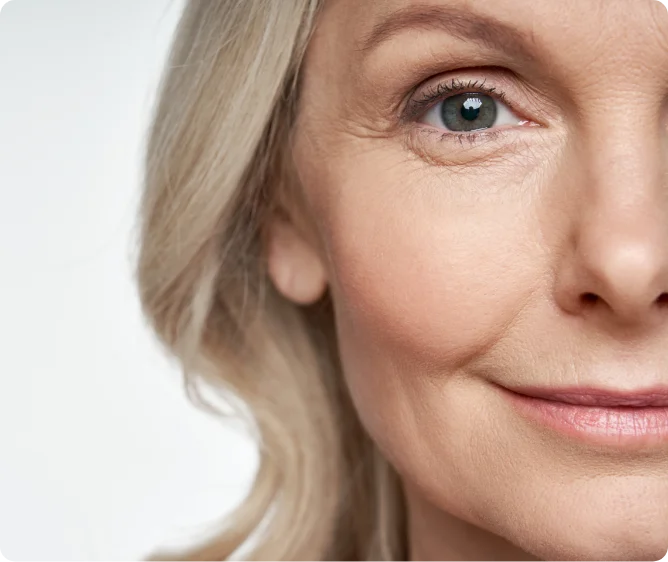Cataracts
Cataracts are a very common part of the natural ageing process. In fact, almost everyone develops them if they live long enough. A cataract is simply the clouding of the natural lens inside your eye, which can cause symptoms such as:
- Blurred or cloudy vision
- Glare or halos around lights
- Difficulty reading, driving, or recognising faces
Your local optometrist usually plays an important role in detecting cataracts early. They can help monitor your eyes and refer you when surgery becomes the best option.

How We Assess and Treat Cataracts
At Visionare Eye Specialists, we understand that the thought of eye surgery can feel daunting. Our approach is designed to make the process gentle, safe, and comfortable:
- Comprehensive assessment
We carefully check your vision, overall eye health, and discuss the best treatment tailored to your lifestyle and needs. - Quick and painless procedure
Cataract surgery is one of the most successful operations performed worldwide. It is usually done under “twilight” anaesthesia — you’ll be relaxed, comfortable, and typically unaware of the procedure. - Fast recovery
The operation itself usually takes less than half an hour, and most patients notice clearer vision within a few days. You can often return to normal activities quickly, with only a few simple precautions.
Our goal is to restore your vision with as little disruption as possible, giving you back the clarity and confidence to enjoy daily life.
What Does Cataract Surgery Involve?
Cataract surgery is generally considered one of the safest and most effective operations performed anywhere in the world. Here’s what you can expect:
On the day of surgery
- You will receive “twilight” sedation and local anaesthetic drops, so you remain comfortable and relaxed.
- Patients are usually unaware and pain free during surgery.
- Using “keyhole” surgery, the cloudy lens is gently removed and replaced with a clear, permanent lens implant.
- The procedure usually takes less than 30 minutes.
Recovery
- Patients go home the same day.
- You’ll use prescribed eye drops for a few weeks to aid healing.
- It’s normal to notice clearer vision within a few days, with gradual improvement over the following weeks.
Life after cataract surgery
- Many people enjoy sharper, brighter vision and are often much less reliant on glasses than before surgery.
- Depending on the lens chosen, you may still need glasses for certain tasks, but overall your independence is usually improved.
Preparing for Your Appointment
Before cataract surgery, there are just a few things to know that will make your visit smoother and more comfortable.
At Visionare, our priority is to make sure you feel cared for
Throughout your journey, while being focused on delivering precise visual outcomes.